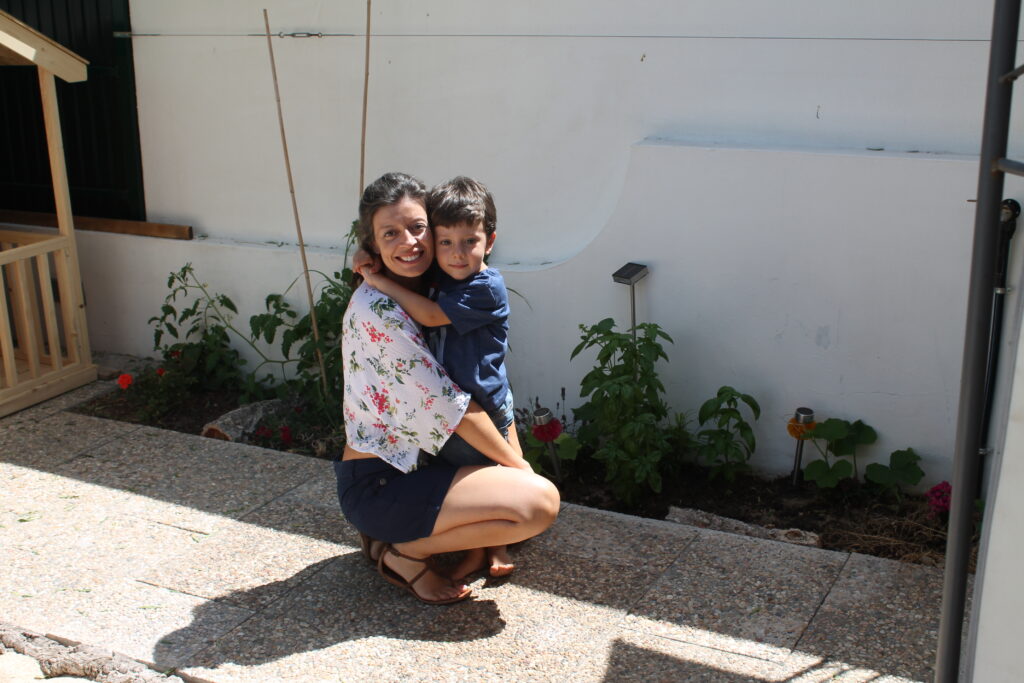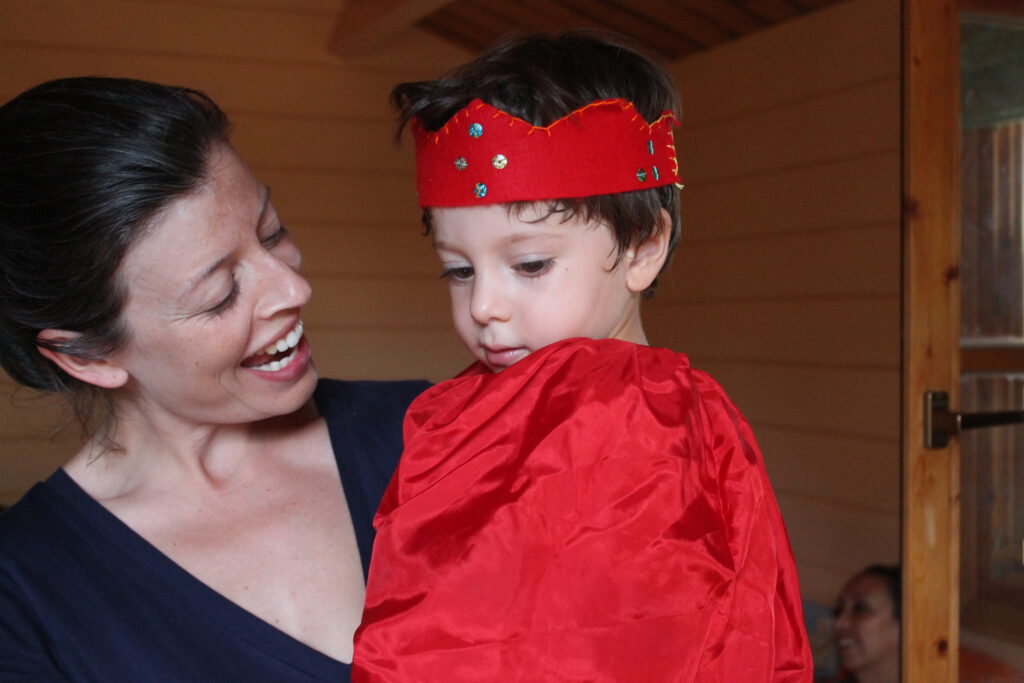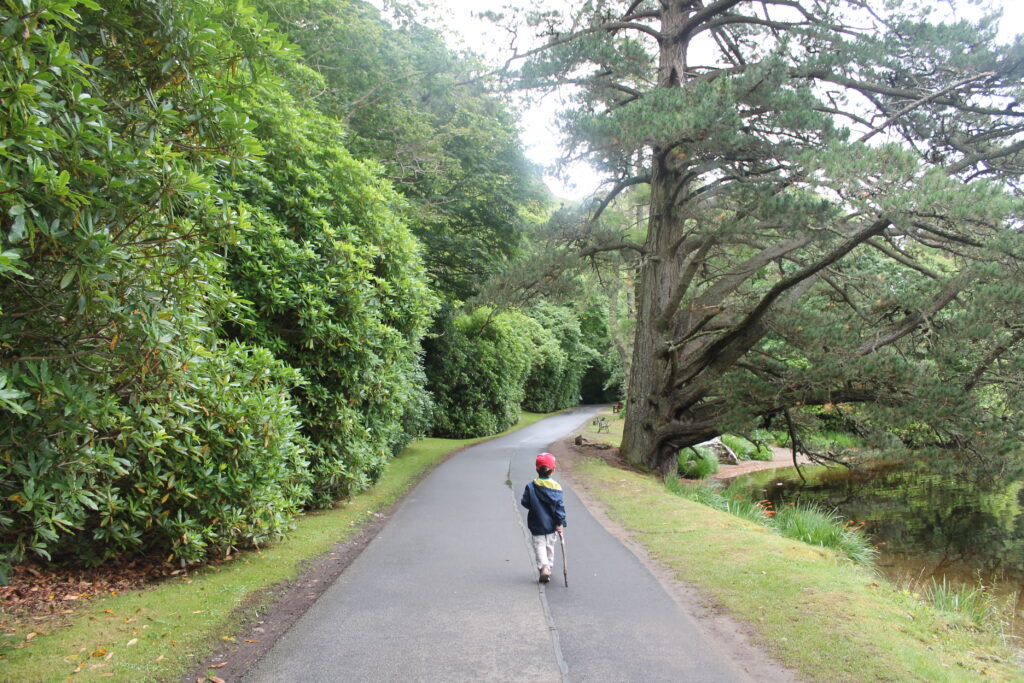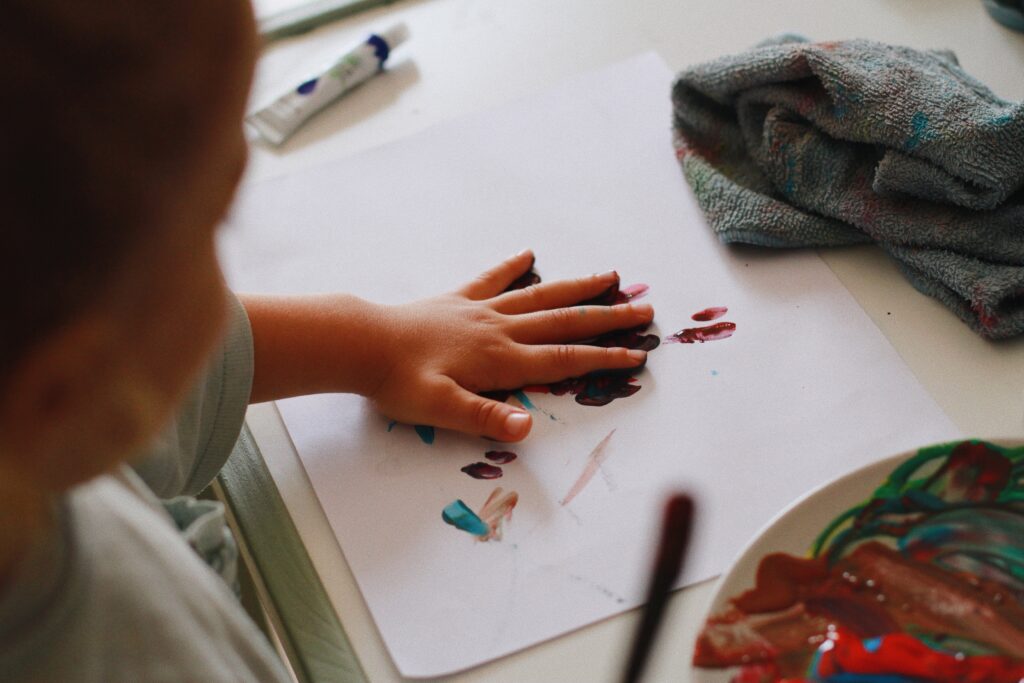As human beings, we are an integral part of nature. Throughout the ages, nature has provided human beings with food, shelter, but also beauty and inspiration and, in the last two centuries, all the resources to live longer, to enjoy comfortable lives and to develop industry and technology. This incredible planet we inhabit literally gives us everything we need to survive, thrive and be happy, but we have become so involved in our modern lives, that we have forgotten that we are one of the many living species of this Earth and we have lost the ability to feel gratitude and celebrate what nature gives us, as our ancestors did before us.
And today, more than ever, we have to stop, to remember that we are (only) as important as the small bee or the immense trees that inhabit the Amazon Forest; and to recognise that we are in desperate need to go back to nature. We live ever more sedentary, indoor and isolated lives; and stress, loneliness and the spread and use of technology is having a negative impact on our well-being and happiness. Going back to nature could be an easy and accessible solution to all. Research shows that “we are seeing changes in the brain and changes in the body that suggest we are physically and mentally healthier when we are interacting with nature” (1), which should come as no surprise. Being in nature decreases stress and anxiety, but may also augment those impacts. Personally, when I finally organise that hike I have been wanting to do for ages, no matter how unhappy, stressed or worried I may feel, as soon as I walk into a woodland or coastal path, an instantaneous feeling of serenity falls upon me. And this is backed up by research findings that also show that nature makes you happier and less brooding, that it relieves attention fatigue, increases creativity and makes you “feel more alive” (1).
When we look at some of these basic findings, it is easy to understand the positive impact that being in contact with nature can have for children’s health, well-being and development. A woodland, the open countryside or a beach can offer children countless ways to develop physical and motor skills, to explore and get creative, to play and learn about the seasons, our surroundings, animal and plant species and, in general, about this thing called life. More than ever, children need to get back to nature, to relieve stress, experience awe and learn in ways that enable them to be creative and teach them the importance of taking care of themselves. It is clear that getting back to nature can also help to fight some of the growing childhood conditions, such as obesity and mental health.
For all these reasons, we should advocate for more natural playgrounds to be made available in schools, for school classes to include outdoor opportunities on a regular basis (for inspiration and resources see Outdoor Classroom Day), and for local governments to guarantee the protection or development of new city parks, including smaller parks in residential areas, to provide access to natural settings and to disseminate information on the importance of being in contact with nature.
(1) Jill Suttie. How Nature Can Make You Kinder, Happier, and More Creative. March 2, 2016. Greater Good Magazine




